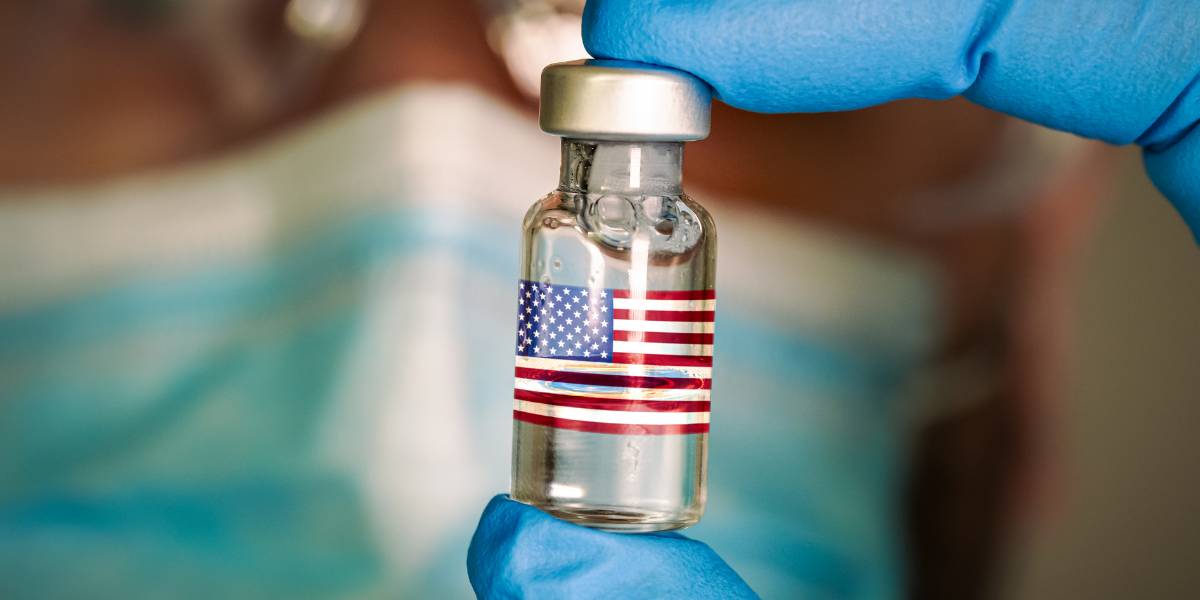An oral infection with “bacterial presence in the mouth” can cause heart disease, latest evidence identifies.
A new study has found that the oral bacterium Fusobacterium nucleatum (F. nucleatum) can increase an individual’s risk of developing cardiovascular disease.
According to the researchers, heart complications are more common amongst people with antibodies against F. nucleatum, which is a sign of prior or current infection of the bacterium.
Top author Flavia Hodel said: “F. nucleatum might contribute to cardiovascular risk through increase systemic inflammation due to bacterial presence in the mouth, or through direct colonisation of the arterial walls or plaque lining the arterial walls.”
Although enormous progress has been made in understanding how coronary heart disease develops, our understanding of how infections, inflammation, and genetic risk factors contribute is still incomplete.
“We wanted to help fill some of the gaps in our understanding of coronary heart disease by taking a more comprehensive look at the role of infections.”
During the study, the team of scientists examined the genetic data and blood samples of 3,459 people enrolled on the CoLaus|PsyCoLaus Study.
They found that 6% of the participants went on to have a heart attack or another severe cardiovascular event.
In addition, they discovered that people genetically at risk of developing coronary heart disease are more likely to experience other cardiovascular complications.
Co-author Professor Jacques Fellay noted: “Our study adds to growing evidence that inflammation triggered by infections may contribute to the development of coronary heart disease and increase the risk of a heart attack.
“Our results may lead to new ways of identifying high-risk individuals or lay the groundwork for studies of preventive interventions that treat F. nucleatum infections to protect the heart.”
Read the study in eLife.




